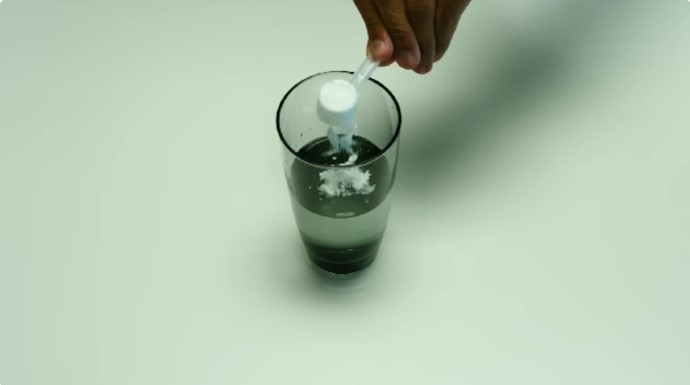Is Creatine Halal
The topic of whether creatine is halal is important for Muslim athletes and bodybuilders who seek to adhere to Islamic dietary laws while optimizing their performance. This article will delve into the details of creatine, its sources, manufacturing processes, and how it aligns with halal requirements. By the end, you’ll have a comprehensive understanding of creatine’s halal status and be equipped with the knowledge to make informed decisions.
What is Creatine?
Creatine is a naturally occurring compound found in small amounts in various foods, including meat and fish. It plays a crucial role in the production of energy during high-intensity activities. Athletes and bodybuilders often use creatine supplements to enhance muscle strength, increase exercise performance, and speed up recovery.
Halal Status of Creatine

Sources of Creatine
Creatine can be derived from several sources:
- Animal-Based Sources: Creatine naturally occurs in meat and fish, making it a part of the regular diet. However, the halal status of supplements derived from these sources depends on the method of extraction and the ingredients used during processing.
- Synthetic Sources: Many creatine supplements are synthetically produced, which can eliminate the risk of contamination with non-halal substances. Synthetic creatine that meets halal certification standards is generally considered permissible.
Manufacturing Process
The manufacturing process of creatine supplements plays a significant role in determining their halal status. Key considerations include:
- Absence of Haram Ingredients: Creatine supplements must not contain any pork derivatives, alcohol, or other substances forbidden by Islamic dietary laws. This includes ensuring that the production lines are free from contamination with non-halal substances.
- Halal Certification: Reputable organizations like the Halal Food Authority (HFA), Islamic Society of the Washington Area (ISWA), and the Islamic Food and Nutrition Council of America (IFANCA) provide halal certification for creatine products. These certifications assure that the product adheres to halal standards.
Benefits of Creatine
Creatine offers numerous benefits for athletes and fitness enthusiasts:
- Increased Muscle Strength: Creatine supplementation can enhance muscle strength and power, making it a popular choice among bodybuilders.
- Improved Exercise Performance: It improves performance in high-intensity, short-duration activities such as weightlifting and sprinting.
- Enhanced Muscle Recovery: Creatine helps reduce muscle damage and inflammation, leading to faster recovery after intense workouts.
- Increased Muscle Mass: By promoting water retention in muscle cells, creatine can increase muscle volume, resulting in a more muscular appearance.
- Cognitive Benefits: Some research suggests that creatine supplementation may improve memory and attention.
Choosing Halal Creatine Supplements
When selecting a creatine supplement, consider the following:
- Look for Halal Certification: Ensure the product is certified by a reputable halal organization such as HFA, ISWA, or IFANCA.
- Check Ingredients and Manufacturing Process: Verify that the supplement is free from haram ingredients and is produced in a halal-certified facility.
- Consult with Healthcare Professionals: Before starting any new supplement, consult with a healthcare professional, especially if you have underlying medical conditions.
Frequently Asked Questions
What is creatine monohydrate?
Creatine monohydrate is a common form of creatine used in dietary supplements. It is typically made from animal or plant-based sources, and its halal status depends on the source and manufacturing process.
Can halal-certified creatine supplements be consumed?
Yes, halal-certified creatine supplements are permissible for consumption by Muslims. These supplements meet the halal requirements as verified by recognized certification bodies.
Are there plant-based sources of creatine?
Yes, creatine can be derived from plant-based sources. When these sources are processed in halal-certified facilities, the resulting supplements are suitable for Muslim consumption.
How should creatine be consumed to ensure it remains halal?
To ensure halal consumption, choose supplements with halal certification, follow the recommended dosage, and verify the ingredients and manufacturing details.
Can creatine supplements made from animal sources be halal?
Yes, if they are manufactured using permissible substances and processes according to Islamic law.
Conclusion
In summary, creatine is widely regarded as permissible for Muslim athletes and bodybuilders due to its natural occurrence in the human body and the availability of halal-certified supplements. By selecting products that have been properly vetted and certified, Muslim consumers can confidently incorporate creatine into their fitness regimes without compromising their dietary beliefs.
Read also: Ghost Energy Drink Nutrition Facts





